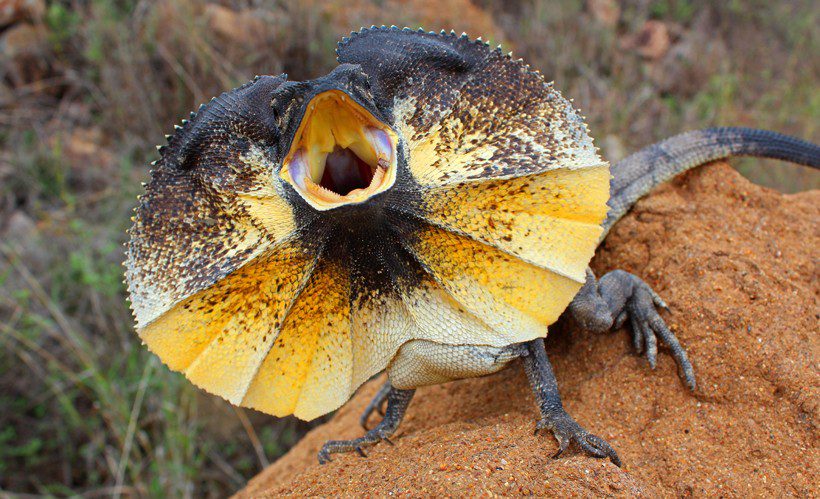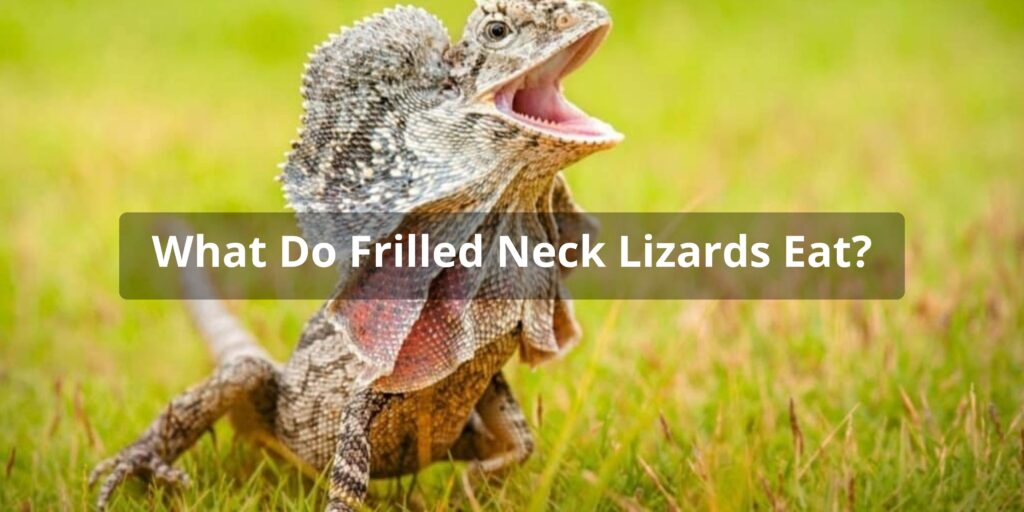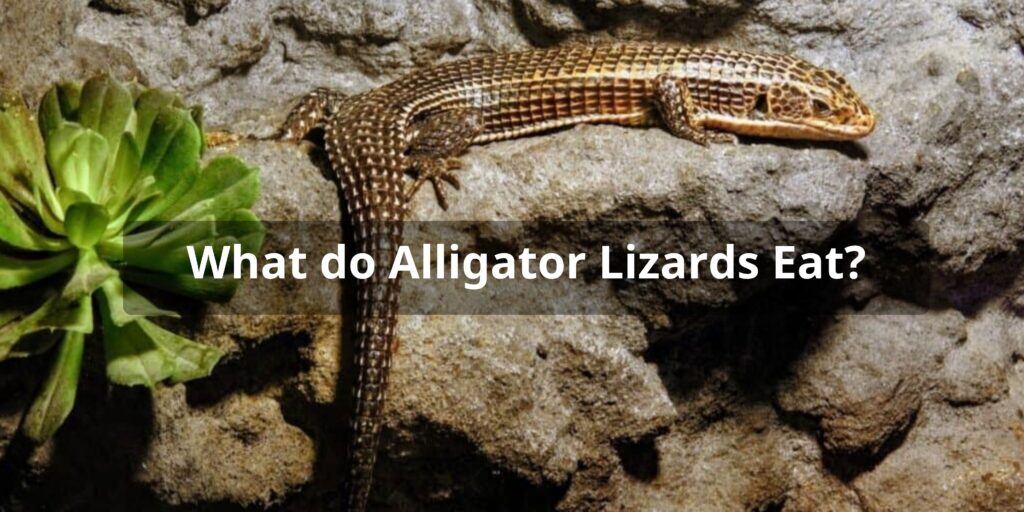Frilled neck lizards, scientifically known as Chlamydosaurus kingii, are fascinating reptiles native to the northern regions of Australia and New Guinea. These unique creatures are renowned for their distinctive frill, which they display as a defense mechanism when threatened. As with any living creature, diet plays a crucial role in the health and well-being of frilled neck lizards. In this article, we will delve into the intricacies of their diet, exploring the various food options suitable for these remarkable lizards.
Frilled Neck Lizard Diet Basics
- Frilled neck lizards are primarily insectivores, meaning that insects form a significant portion of their diet. As hatchlings, they rely heavily on insects for sustenance and gradually incorporate more vegetation into their diet as they grow.
- The ideal insect to plant food ratio for frilled neck lizards varies depending on their age. Younger lizards should be fed mostly insects, while adult lizards can consume a more balanced mix of insects and plant matter.
- Feeding frequency also differs based on age. Hatchlings should be fed daily, while adult lizards can be fed every alternate day.
Essential Foods for Frilled Neck Lizard Diet

Preferred Live Food Options
- Crickets: These small insects make for an excellent source of protein and are readily accepted by frilled neck lizards. They can be dusted with calcium powder before feeding to ensure proper nutrition.
- Mealworms: Another popular choice, mealworms offer a good balance of protein and fat. However, they should not be the sole source of nutrition and should be supplemented with other live food options.
- Roaches: Dubia roaches or other species of roaches are nutritious prey items that can be introduced into the frilled neck lizard’s diet. They are an excellent source of protein and can be fed in moderation.
- Grasshoppers: These jumping insects provide a natural prey item that mimics the lizards’ foraging behavior in the wild. They contain high levels of calcium, making them beneficial for bone health.
Safe Vegetables for Regular Intake
- Leafy Greens: Frilled neck lizards can benefit from a variety of leafy greens such as collard greens, kale, mustard greens, and dandelion greens. These vegetables offer essential vitamins and minerals while adding variety to their diet.
- Squash: Yellow squash and zucchini can be introduced as occasional vegetable options. These provide hydration and contribute to a well-rounded diet.
- Bell Peppers: Red, green, and yellow bell peppers are rich in antioxidants and can be offered as part of the lizard’s veggie mix.
Recommended Fruits for Frilled Neck Lizard Diet
- Papaya: This tropical fruit is a favorite among frilled neck lizards. It offers a sweet taste while providing vitamins A and C, which are vital for their overall health.
- Blueberries: Rich in antioxidants, blueberries can be a tasty and nutritious addition to the frilled neck lizard’s diet. They can be served whole or mashed for easier consumption.
- Watermelon: With its high water content, watermelon serves as a hydrating treat for these lizards. It also contains vitamins A and C, contributing to their nutritional needs.
Essential Vitamins & Minerals
Certain vitamins and minerals are crucial to a frilled neck lizard’s diet:
- Calcium: This mineral is essential for maintaining strong bones and preventing metabolic bone disease. It can be provided through dusting live food with calcium powder or by offering calcium-rich vegetables like collard greens.
- Vitamin D3: Frilled neck lizards require vitamin D3 to properly absorb and utilize calcium. Exposing them to full-spectrum UVB lighting helps them synthesize vitamin D3 naturally.
- Vitamin A: Important for healthy eyesight and skin, vitamin A can be obtained from leafy greens and fruits like papaya.
Foods to Avoid for Frilled Neck Lizards
While frilled neck lizards have a diverse diet, there are some foods that should be avoided due to their potential harm:
- Toxic Insects: Certain insects, such as fireflies, ladybugs, and spiders, contain toxins that can be harmful or even fatal to frilled neck lizards. It is crucial to ensure the insects offered as food are safe and pesticide-free.
- Harmful Greens: Avoid feeding frilled neck lizards greens like spinach and rhubarb, as they contain oxalates that can interfere with calcium absorption and potentially lead to health issues.
- Citrus Fruits: Acidic fruits like oranges and lemons should not be included in the lizard’s diet, as they can cause digestive problems and mouth sores.
Feeding Guidelines for Frilled Neck Lizard Owners
- Provide appropriately sized prey items for your lizard, ensuring they are smaller than the widthof their head to prevent choking hazards.
- Dust live food with calcium powder at least twice a week to ensure adequate calcium intake.
- Offer a variety of vegetables and fruits to provide a balanced diet and prevent boredom.
- Remove uneaten food from the enclosure to maintain cleanliness and prevent spoilage.
- Monitor your frilled neck lizard’s weight and adjust feeding amounts accordingly to avoid obesity or malnutrition.
- Always provide fresh, clean water for hydration. Mist the enclosure to create a humid environment, mimicking their natural habitat.
Understanding Frilled Neck Lizard Hydration Needs
Frilled neck lizards require both direct water intake and humidity to meet their hydration needs. Alongside providing a shallow dish of clean water, you can enhance humidity levels in their enclosure by misting the surroundings daily. This replicates the tropical climates they inhabit in the wild and aids in shedding their skin effectively. Maintaining proper hydration is crucial for overall health and metabolic functions.
Conclusion
The frilled neck lizard’s diet consists of a balance between live insects, vegetables, and fruits. By offering a varied and nutritious selection of foods, frilled neck lizard owners can ensure that their pets receive the essential nutrients required for optimal health and well-being. Remember to consider the age and size of the lizard when determining the appropriate food portions and ratios. With the right diet and care, these remarkable reptiles can thrive in captivity.
FAQs About Frilled Neck Lizard Diet
How often should I feed my frilled neck lizard?
Answer: Feed adult frilled neck lizards every 2-3 days, while younger ones may require daily feedings. Adjust feeding frequency based on their age, size, and activity level, ensuring they maintain a healthy weight.
Can I offer insects to their diet?
Answer: Yes, insects are a vital part of a frilled neck lizard’s diet. They should comprise the majority of their meals. A variety of insects like crickets, roaches, mealworms, and grasshoppers can be offered for proper nutrition.
What types of insects are suitable for them?
Answer: Suitable insects include crickets, roaches, silkworms, and locusts. Avoid insects that are too large or hard to digest. Providing a diverse insect diet ensures they receive a range of nutrients for optimal health.
Do frilled neck lizards eat vegetables?
Answer: While frilled neck lizards are primarily insectivores, some may nibble on vegetables occasionally. However, vegetables should not make up a significant portion of their diet. Focus on insects as the main source of nutrition.
Should I provide fruits to their diet?
Answer: Fruits can be offered occasionally as treats, but they should not be a staple in their diet. Suitable options include berries and melon. The high sugar content in fruits means they should be given sparingly.
Are there any foods I should avoid feeding them?
Answer: Avoid feeding frilled neck lizards foods that are toxic to them, such as avocado. Also, refrain from using insects caught from the wild, as they may carry harmful chemicals. Stick to commercially raised insects and safe food items.
How do I ensure a balanced diet for my lizard?
Answer: To achieve a balanced diet, offer a variety of appropriately-sized insects and provide calcium and vitamin supplements. A diverse insect selection, occasional vegetables, and proper supplementation contribute to their overall health.
Can I give supplements to my frilled neck lizard?
Answer: Yes, it’s recommended to provide calcium and vitamin supplements. Dusting insects with these supplements before feeding helps prevent deficiencies. Consult a reptile veterinarian to determine the right supplement regimen for your frilled neck lizard.



